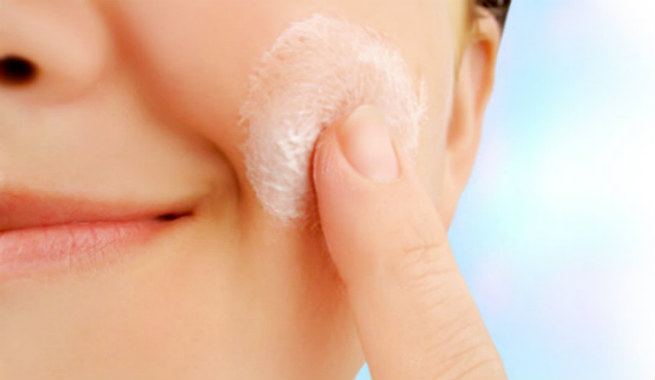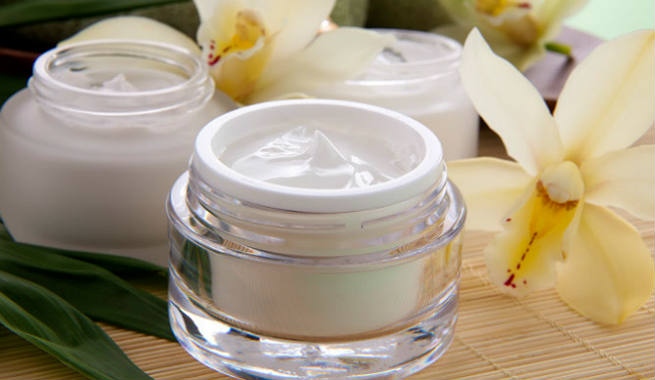It may sound straightforward, but caring for your skin is one of the most confusing tasks. Yes, we are talking about choosing the right moisturizer from dozens of budget-friendly to high-end products available in the market. Do you feel overwhelmed each time you visit a cosmetic store? Need a guideline for discovering the perfect moisturizing product? Read on below.
How Does a Moisturizer Work?
Knowing how the product works becomes crucial when picking out the best skin moisturizer from myriad options. Let’s start with some simple moisturizer basics and go ahead with the factors that must be considered to make the best choice.
A moisturizer is a must for dry skin and rough and patchy skin. It penetrates the skin’s surface and deep into its layers to keep it soft, supple, and sufficiently hydrated. It seals the skin’s natural moisture into its outermost layer by strengthening the barrier function. At the same time, it also prevents the skin surface from drying out by pulling moisture to it from the deepest layers. (1) (2)
Also Read – Milk – The Ultimate Natural Moisturizer for Your Skin
Things to Consider When Picking a Moisturizer
Navigating through the variety of moisturizing products available commercially can be challenging. Not everyone requires a skin moisturizer; preferences range from daily necessity to avoiding excessive greasiness. The key is understanding your skin type, assessing its needs, recognizing different moisturizer types, and ultimately selecting the most suitable one. Consider these factors to find the most effective moisturizing solution for your skin.
Type of Skin
Your search for the right moisturizer should start with knowing your skin type. Do you have oily skin that keeps ‘gifting’ you lots of unwanted shine and breakouts? Does your skin constantly feel dry and stretchy, with some visible rough patches here and there? Or you may have a standard or combination skin between oily and dry. Once you figure it out, you become a game for your perfect moisturizer hunt. Generally, oily skin needs a lightweight water-based (oil-free) moisturizer, dry skin requires a more prosperous, heavier (mostly oil-based) version, and sensitive skin should be treated with a hypoallergenic product. In addition, we (including those with sensitive skin) should always opt for a non-comedogenic moisturizer so that we do not end up clogging our skin pores.
Active Ingredients
The next step is to know about the ingredients present in your moisturizer. So, next time you visit a skincare store, do not randomly pick an attractive moisturizer bottle from the shelf. Instead, thoroughly review its label and try to recognize at least the first five components mentioned. A good moisturizer should contain some of the most common active ingredients like mineral oil or petrolatum, vegetable glycerin, hyaluronic acid or sodium hyaluronate, essential oils (jojoba oil, squalane oil, etc.), lanolin, propylene glycol, dimethicone, urea, vitamins, proteins, and so on. These are the most helpful moisturizing ingredients that you can find ever in commercial products.
Harmful Ingredients
While reading the label of a moisturizer, it is equally important to check whether it contains any skin-harming ingredients. A whole bunch of chemical compounds are deliberately used in synthetic moisturizers, causing irritation or severe damage to the skin. Hence, ensure that the product you sorted doesn’t comprise fragrance or perfume, alcohol, acidic compounds, retinol, etc.
Texture and Feel
Now, it’s time to consider the texture and feel of the moisturizer. It should neither be too heavy nor too light in consistency. The texture must be silky smooth instead of greasy or sticky. These will ensure the product glides on the skin and penetrates it quickly. Moreover, it will induce the right amount of moisture in the skin cells.
Sun Protection Factor
Never go for a moisturizer that doesn’t come with enough sun protection. According to experts, a moisturizing product must have SPF 30 or more to protect our skin from the detrimental UV rays of the sun. However, not many brands offer skin moisturizers with added sun protection, and those that do may not be very stable. Therefore, if you can’t get one, use good sunscreen and a moisturizer.
To Keep or Not to Keep?
Considering all the factors above, purchasing a moisturizer doesn’t guarantee you have landed the right product. Whether it works for you can only be found through a trial-and-error method. Be patient and keep using it religiously. If the tone and texture of your skin improve appreciably after a few weeks, you are all good to go. Otherwise, start your search afresh.
Also Read – 10 Best Moisturizers for Oily and Acne-Prone Skin
Summary
Choosing the right moisturizer can be daunting amidst numerous options. Understanding how moisturizers work is crucial; they penetrate and hydrate the skin while sealing in natural moisture. To find the best fit, identify your skin type and consider ingredients, favoring non-comedogenic options for sensitive skin. Active ingredients like hyaluronic acid, essential oils, and vitamins are beneficial, while harmful components such as fragrance and alcohol should be avoided. Texture, sun protection, and a trial-and-error approach contribute to finding the ideal moisturizer.



